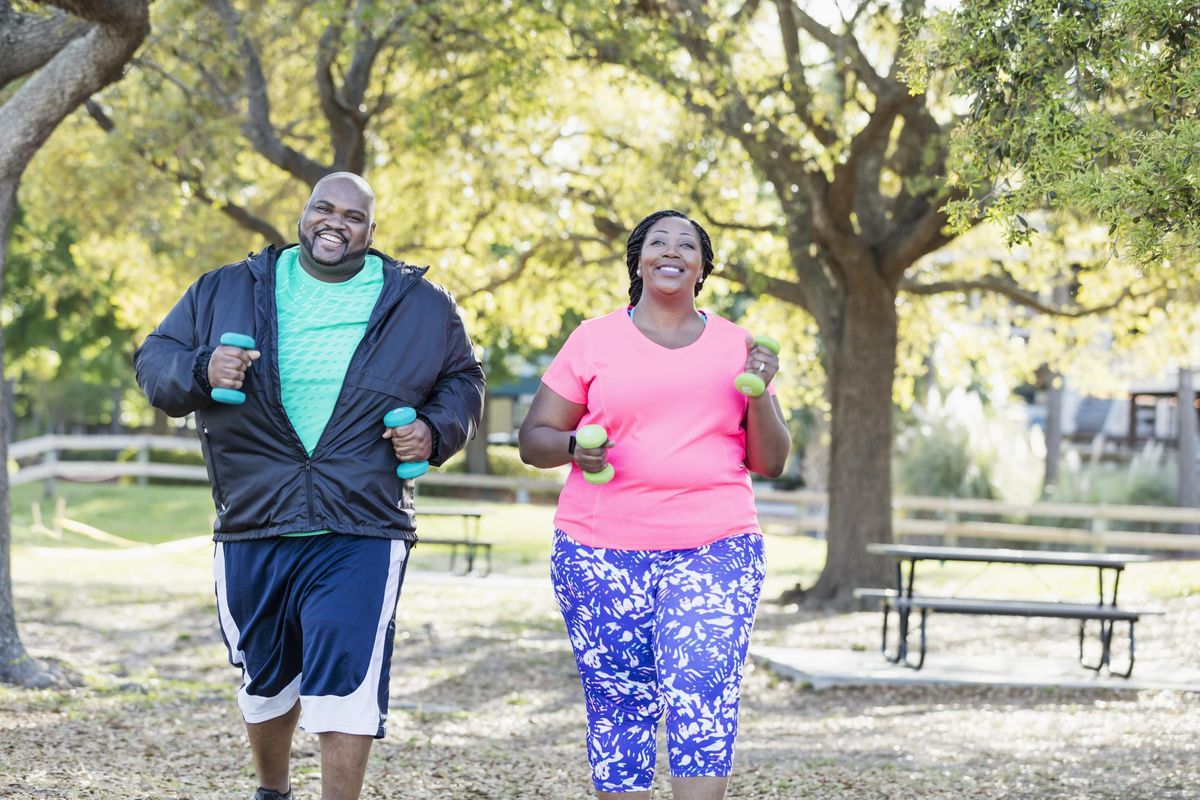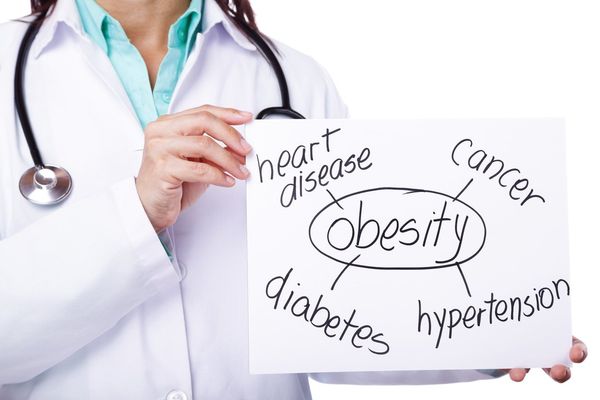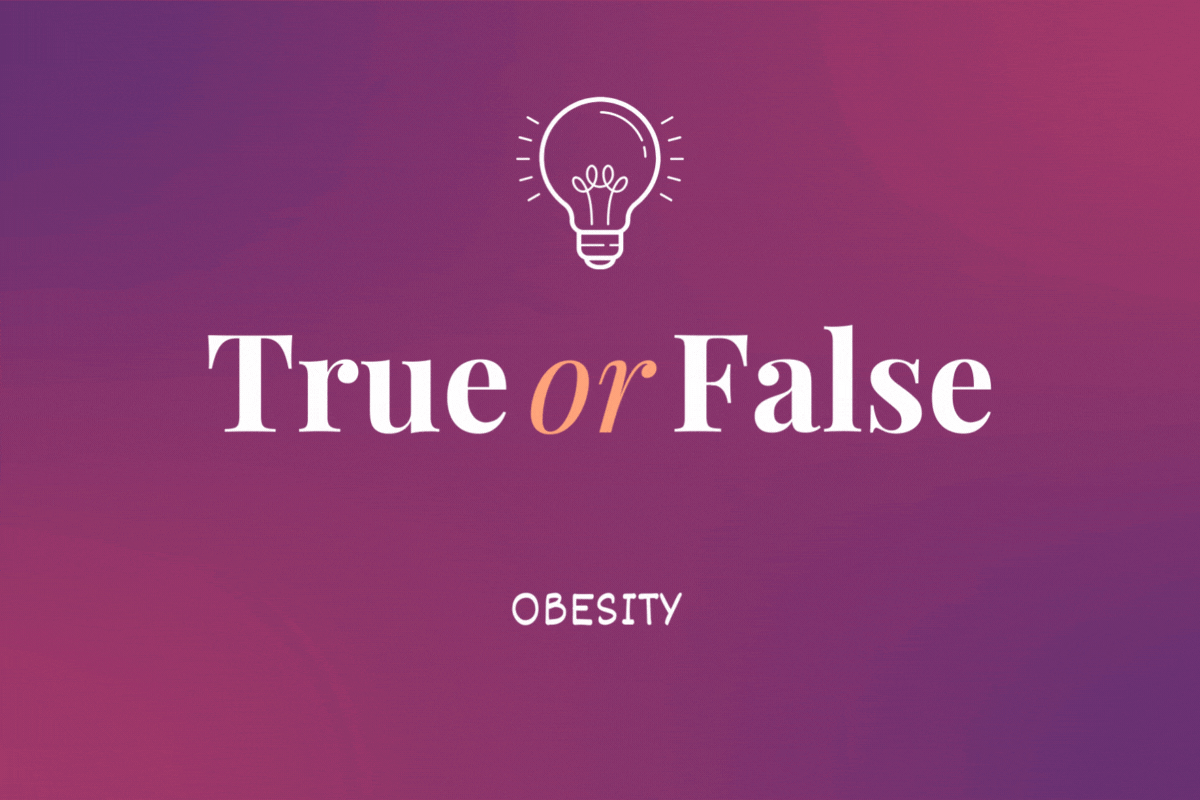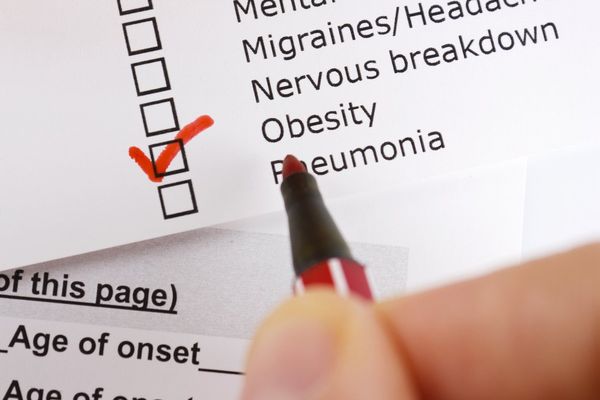by Jessie Mae Estrada, LPC, NCC
What Is Intimacy?
Intimacy is the feeling of belonging with someone and having a deep personal connection with them. To be truly intimate, you experience a transparency in the relationship, a feeling of knowing and being known.
The depth to which you allow yourself to experience intimacy in relationships can be affected by trust issues, a lack of self-confidence, a history of abuse or various other issues. I want to focus on how self-confidence and body image, in relation to weight, can keep you from experiencing a deeper, more fulfilling intimacy in your personal relationships.
The Link Between Self-confidence and Intimacy
I work in a bariatric clinic, so I see a lot of people transition from being affected by severe obesity, or obesity, to reaching a healthier, more active weight. One area of life I tell people to think about before surgery is how their relationships will be affected by a dramatic weight-loss.
Many people give me a blank stare, because they haven't thought about that connection. And while there are lots of overweight people who are in healthy relationships, some realize they may have settled. They felt no one else would ever love them or want them, so they chose to be with the one person they thought would. Maybe they chose to stay in an abusive relationship because they didn't feel they deserved better.
Some love the person they are with but wonder how their partner could love them back on the same level or find them attractive due to their weight. These relationships lack that deeper level of intimacy—the mutual feeling of transparency, where you can be yourself and be comfortable in your own skin. This stems from a lack of self-confidence.
Body Image
Various issues, including body image, can affect self-confidence. Some overweight people have confidence and feel beautiful in their bodies, but not all do. Body image can be affected by mainstream society's belief system surrounding what is thought to be sexy, beautiful and attractive. It is also affected by our own thoughts and beliefs and by our family and friends.
Body image is what you think when you picture yourself in your mind or what you see when you look in the mirror. It is what you believe about your appearance, how you feel about your body and how you feel in your body.
Many overweight people scrutinize their bodies and feel ashamed of how they look in comparison to what they believe is "ideal." And the media is not kind to those affected by obesity. The "ideal" (often airbrushed) body that you see in magazines and on TV is hard to achieve. You may focus on how different your body is from the "ideal."
Many overweight people have reached a point where they look at themselves in the mirror only from the chest up. They have stopped seeing their bodies and appreciating the beauty within. When you start ignoring our body, you cannot continue to care for it and nurture it.
Even if you lose weight through diet and exercise or bariatric surgery, you can still struggle with seeing the "old" you in your mind. Or, you may focus on the excess skin or how you think that you look older. Some overweight women, or women who've lost a lot of weight, hide in the dark or in another room to take their clothes off, so their partner won't see them.
Body Image and Intimacy
So what does your body image have to do with the intimacy you experience in your relationships? When you don't feel confident and don't take the time to know, appreciate, respect and love your body, you take that opportunity away from your partner as well. You stop being transparent. You stop communicating honestly and start building walls of shame to hide. You start to feel like you are not worth loving, not attractive and definitely not sexy. You may question your relationship and wonder why your partner stays with you.
This way of thinking and feeling does not encompass the definition of intimacy. In fact, it can make you feel alone, misunderstood and unwanted, even when surrounded by those who love you.
Some people have a more realistic body image and see themselves for how they truly are. They see their flaws, but embrace their bodies because they can also see the good their bodies have to offer. I have weight-loss surgery patients that see their loose skin as a reminder of where they came from and what they have accomplished. They see their bodies as healthier and stronger.
Being able to see the good in your body and in yourself, regardless of weight, allows your self-confidence to grow. Self-confidence allows you to embrace your body and appreciate yourself as a whole person. This confidence can be seen in the way you carry yourself and how you interact with others.
When you reach a level of knowing and appreciating yourself, you are then able to open up to others and let them into our world, experiencing a deeper level of intimacy.
Society has seen some evolution in how we view beauty. We are slowly starting to see more curvaceous models and actresses who refuse to shrink down to the Hollywood standard. Many have come out to show their cellulite, wrinkles and saggy skin, to show us that they are real people and real people come in all shapes and sizes. Organizations such as the Obesity Action Coalition (OAC) are helping to educate people on obesity and offer support for those who struggle with it.
Once your confidence grows, it will shine through in the things you do. Keep those you love involved in your weight-loss journey and keep communication open and honest with your partner.
If other underlying issues need to be addressed in your life or your relationship, seek support. Therapy can help you reach your potential in your personal goals, as well as achieve a deeper level of intimacy in your relationships.
Here are some Quick Tips for Improving Your Body Image from the OAC.
Jessie Mae Estrada, LPC, NCC, is a licensed professional counselor at Methodist Healthcare Health for Life Center, a bariatric clinic in San Antonio, Texas. She sees people seeking weight-loss surgery, pre and post-surgery, and facilitates support groups.







